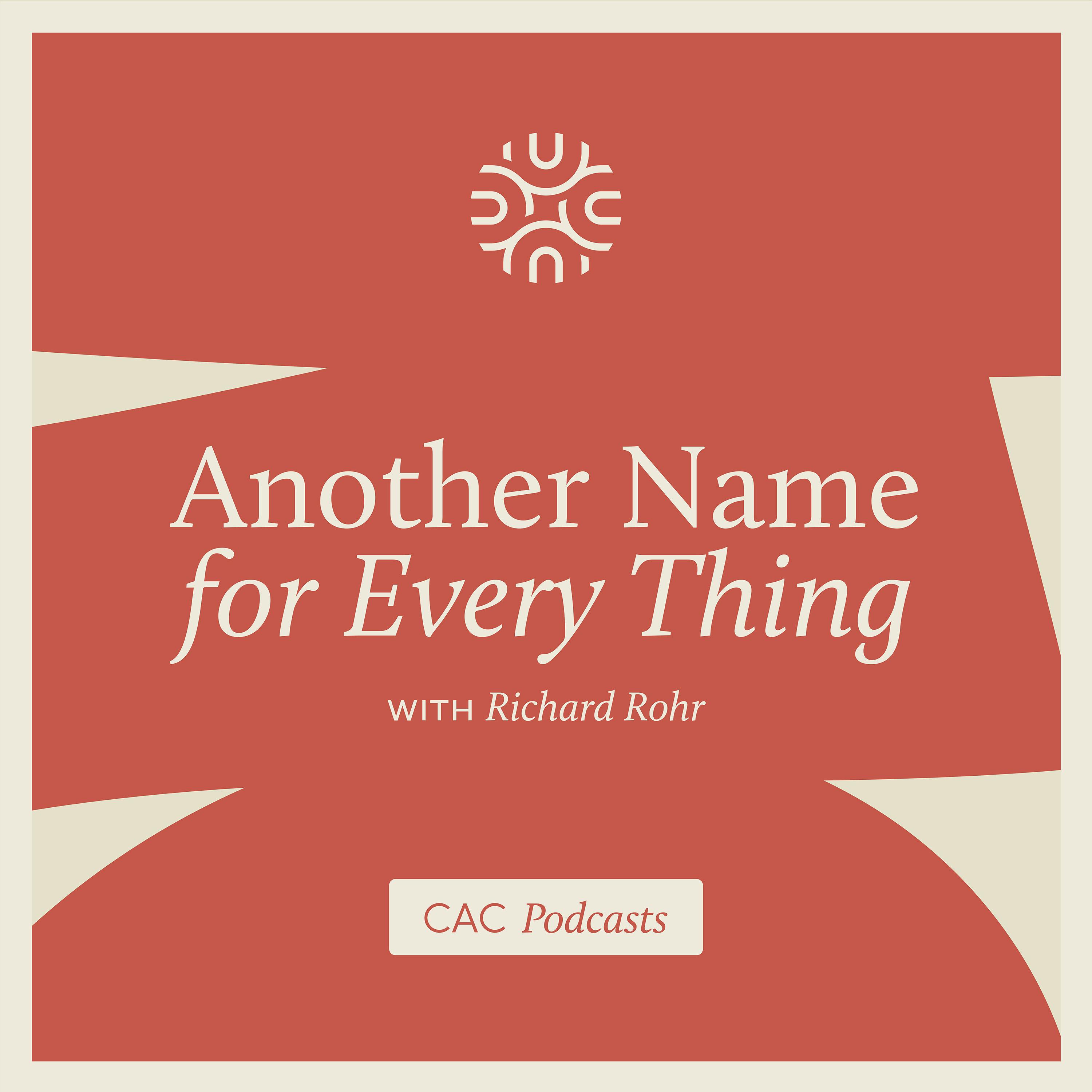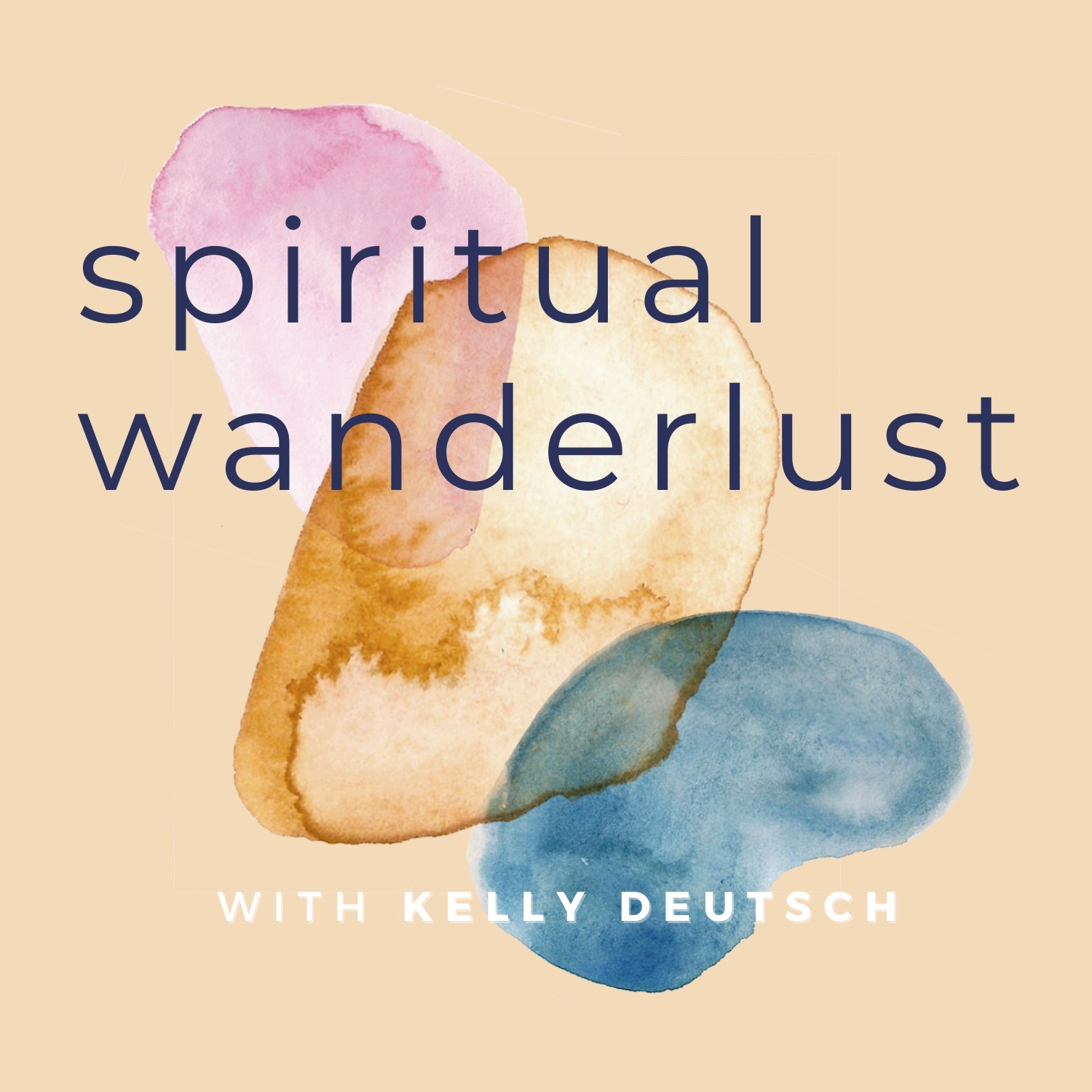
SOLACE: Soul + Grief
This podcast is sponsored by SOULPLUSGRACE serving the San José/Santa Cruz area, offering grief support and grief journeying with spirituality. I hope to help you travel through grief with God at your side.
"I am a trained Spiritual Director for those who seek to complete the 19th Annotation of St. Igantius’ spiritual exercises OR seek spiritual direction while grieving. I have also worked as a hospital/cemetery chaplain and grief doula. I believe all paths lead to God and that all traditions are due respect and honour. I take my sacred inspiration from all of my patients and companions–past, present and future; the Dalai Lama, James Tissot, St. John of the Cross, the Buddha, Saint Teresa of Ávila, and, of course, Íñigo who became known as St. Ignatius. I utilize art, poetry, music, aromatherapy, yoga, lectio divina, prayer and meditation in my self-work and work with others. I believe in creating a sacred space for listening; even in the most incongruous of surroundings."
BACKGROUND
- Jesuit Retreat Center, Los Altos, CA -- Pierre Favre Program, 3 year training to give the Spiritual Exercises of Saint Ignatius
- Centro de Espiritualidad de Loyola, Spain -- The Spiritual Exercises of St Ignatius of Loyola -- 30 Day Silent Retreat
- Center for Loss & Life Transition – Comprehensive Bereavement Skills Training (30 hrs) Ft. Collins, CO
- California State University Institute for Palliative Care--Palliative Care Chaplaincy Specialty Cert. (90 hrs)
- Sequoia Hospital, Redwood City, CA -- Clinical Pastoral Education
- 19th Annotation with Fumiaki Tosu, San Jose, CA, Spiritual Exercises of St. Ignatius
- Santa Clara University, Santa Clara, CA M.A. – Pastoral Ministries
CONTACT ME: candeelucas@soulplusgrace.com with questions to be answered in future episodes.
SOLACE: Soul + Grief
"Joy" in Mourning
Use Left/Right to seek, Home/End to jump to start or end. Hold shift to jump forward or backward.
Today explore the delicate subject of experiencing happiness in the midst of grief, examining how these seemingly contradictory emotions can coexist.
• Life continues moving forward regardless of our personal grief, which can feel jarring and isolating
• Happiness can emerge unexpectedly during grief through events like births, engagements, or achievements
• Biblical passages often describe joy and sorrow as concurrent experiences rather than opposing emotions
• Pain and joy are grounded in different realities - we can't stop pain from coming, but we can keep joy from disappearing
You can reach me at: candeelucas@soulplusgrace.com.
SPIRITUAL DIRECTION WHILE GRIEVING IS AVAILABLE
Art: https://www.etsy.com/shop/vasonaArts?ref=seller-platform-mcnav
and https://fineartamerica.com/profiles/candee-lucas
https://www.amazon.com/dp/B0F2SFH4Z6
Music and sound effects today by: via Pixabay
Welcome to Solace. Soul + Grief. I'm glad you're here. My name is Candee Lucas. I'm a grief chaplain and spiritual director trained by the Jesuits at Santa Clara University and El Retiro Jesuit Retreat Center in Los Altos, California. When we started this ministry nearly five years ago, our goal was to have a continuing library as a resource for those who are grieving. Some episodes are appropriate for people in new, fresh, raw grief. Others are more appropriate for those who have been on this grief journey for quite some time. So I hope you'll make use of the library, find the topics that are most pertinent to you now and revisit the library as you grieve and find those who are more in keeping with your current needs. Remember, you're always welcome in this circle of healing, love and support.
Candee:Today, I want to take on what I think can be a delicate subject for a lot of people, and that's what to do with happiness in the midst of grief. Life moves on and on, no matter what the circumstance. People go to Starbucks, even though your loved one died this morning. People listen to their podcasts, go to their jobs, attend to their lives. They go to mass. They argue with their kids or their spouses. Life moves on. The fact that life moves on is one of the hardest parts of grief. It's as if we wish to have a visible sign that people understand we are grieving. It's not quite the way it is in Western cultures. So what do we do if, in the midst of our grief, happiness occurs? It could be something like the birth of a baby, an engagement of two people who can't wait to announce their love and commitment to the world. It could be a promotion or a new job, or a new house or a new friend. Where do we put this happiness on our grief journeys?
Candee:There are many references in scripture about finding happiness in grief, and they focus on God's promise to turn sorrow into joy, such as 16: 20, which says-- you will grieve, but your grief will turn to joy. Or in Psalm 30, verse 5, --weeping may last for the night, but rejoicing comes in the morning. Or, probably the most famous, in Matthew 5, verse 4-- joy cometh in the morning. These verses in scripture offer comfort by highlighting God's presence and the future hope of eternal joy and peace, For the theme is repeated throughout that God is near to the brokenhearted and saves the crushed. In spirit that God has the power to transform mourning and sorrow into dancing and joy, and that the promise of a future where there will be no more death or mourning or crying or pain provides hope and ultimate joy.
Candee:But what does it mean to us and how do we process that joy in the midst of our sorrow? It feels very disorienting to have those two emotions existing together in our hearts, to have this utter joy at the news of someone's love and future and rejoicing and reexamining and reawakening next to our heart that has been in the dark and draped in black for many months or days or years perhaps. Where does that joy fit? One of the most natural questions in the world is to ask how joy relates to the sorrow in our lives. Sorrow in our lives. Or we could rephrase the question how does happiness relate to the pain or need or suffering? The reason this is a natural question is because all of us experience both of these. Regular, sad, painful, disappointing, frustrating, damaged realities come into our lives more or less regularly. Sometimes they're big, sometimes they're small, but no human goes very long in this world without something happening which we could call sorrowful Sorrowful or painful or disappointing. And it is just as true that virtually everybody, some more frequently than others, experiences moments that make us happy, cheerful, pleased, content and satisfied. For some, the pain is always dominant. For others, pleasure is dominant, but it is natural, and indeed inevitable, that we experience both, whatever the proportion. So it's a natural question to ask how these two different experiences relate to one another. Not only is it natural for us to ask this question, but in my experience, people around me are regularly asking the question.
Candee:The Bible reframes happiness for us as making it more complex. We tend to think of being happy or sad, but scripture depicts a sort of happiness in the midst of sadness. In this life we will all have trouble, but in this life we will all have trouble, but in this life we will also have happiness. And this doesn't mean being an emotional yo-yo, even though it will sometimes feel that way, but rather experiencing two things at once, one being the damage caused by pain and sin and the other being the happiness given by God. So by putting the emphasis on the experience of happiness and sadness at the same time, we're arguing that this experience is. What's special about having the experience of God? Does the Bible describe it for us and help us live our lives that way.
Candee:In Psalm 30, at verse 5, as we noted previously, the psalmist says --Joy is found on the other side of suffering. Weeping lasts for the night, but joy comes with the morning. Paul's testimony in the New Testament claims that he found joy together with his suffering. He said this in 2 Corinthians 6:10,-- talking about being sorrowful yet always rejoicing. So does joy follow suffering, or is there joy inside of suffering, and did something change that in the new covenant? In other words, do we have a new kind of experience on this side of the cross, which the psalmist did not have, or that side of the cross? So here we are in the message about joy and sorrow. Because of having to think about these things from several new angles that I had not thought of before.
Candee:Here's what might be helpful. First, we all remember that a series of biblical passages emphasize the simultaneous experience of sorrow and joy, not one after the other, but both at the same time. Let's look at two verses, one from Jesus, one from Paul. The psalmist says in verse 30, that anger is but for a moment and God's favor is for a lifetime. We be made tarry for the night, but joy comes with the morning. In some sense, the joy that comes in the morning wasn't there in the evening of weeping, and presumably the weeping that was there in the evening went away in the morning. That's a real sequence and a real experience.
Candee:Then we have the words of Jesus in John 16: 22- 22.-- Truly, truly, I say to you you will weep and lament, but the world will rejoice. You will be sorrowful, but your sorrow will turn into joy. When a woman is giving birth, she has sorrow because her hour has come, but when she has delivered the baby, she no longer remembers the anguish for joy that a human being has been born into the world. So also, you have sorrow now, but I will see you again and your hearts and my heart will rejoice, and no one will ever take your joy from you. The disciples walked through hours in which there was sorrow followed by rejoicing, hours in which there was sorrow followed by rejoicing, and Jesus compares it to a woman in labor, pains followed by the joy of holding a baby. Those are very different experiences; first the cries of birthing, then the joys of a baby that was born. Finally, a passage quoted most often from 2 Corinthians 6. We are treated as sorrowful yet always rejoicing. As poor yet making many rich. Sorrowful yet always rejoicing.
Candee:Pain and joy are grounded on different realities. Pain and loss and hurt bring physical weeping and emotional sorrow. That's what pain is. Pain is what causes weeping and sorrow. Joy doesn't mean that we don't feel pain and when we do feel it tears come. We don't decide for them to come, they just come. When the psalmist says we be made teary for the night but joy comes in the morning, he means tearful joy in God will be replaced by tearless joy in God. Painful joy in God will be replaced with painless joy in God. The tears will be wiped away, the pain will be healed. You cannot stop pain and tears from coming, but you can keep joy from going, because the pain and the joy are grounded on different realities and the joy are grounded on different realities.
Candee:In the calm seas and the sunshine, along the coast of life, rocks glisten and shine with silvery laughter. When storms come and waves rise, they can crash over the same boulder and submerge it out of sight. The bright, shimmering laughter disappears and on the surface fall his tears and the surging of the waves of weeping and sobbing. But nothing can dislodge this boulder of joy and all that God is for us in Jesus. It cannot be broken into pieces, it cannot be sucked out into the sea, and when the waves recede as the grief of our loss, eventually too the boulder shimmers again in the sunshine, with laughter. Tearful joy gives way to tearless joy. May you know from your own life experience and from the scripture that weeping lasts for the night, and joy does come in the morning, and you shall come to know that the night of weeping is also the night of unshakable joy.
Candee:That concludes another episode. A new one drops every Friday morning. If you have questions about grieving or spiritual direction while grieving, my contact information is in the show notes. Remember be very gentle to yourselves and kind to others. Travel always with God at your side. Vaya con Dios.
Podcasts we love
Check out these other fine podcasts recommended by us, not an algorithm.
IKAR Podcasts
IKAR
All There Is with Anderson Cooper
CNN Podcasts
The Examen with Fr. James Martin, SJ
America Media
Jesuitical
America Media
What's Your Grief Podcast
Eleanor Haley & Litsa Williams
The Spiritual Life with Fr. James Martin, S.J.
America Media
Sensible: Down-to-Earth Spiritual Exercises
Ignatian Center for Jesuit Education
Inside The Vatican
America Media
Another Name For Every Thing with Richard Rohr
Center for Action and Contemplation